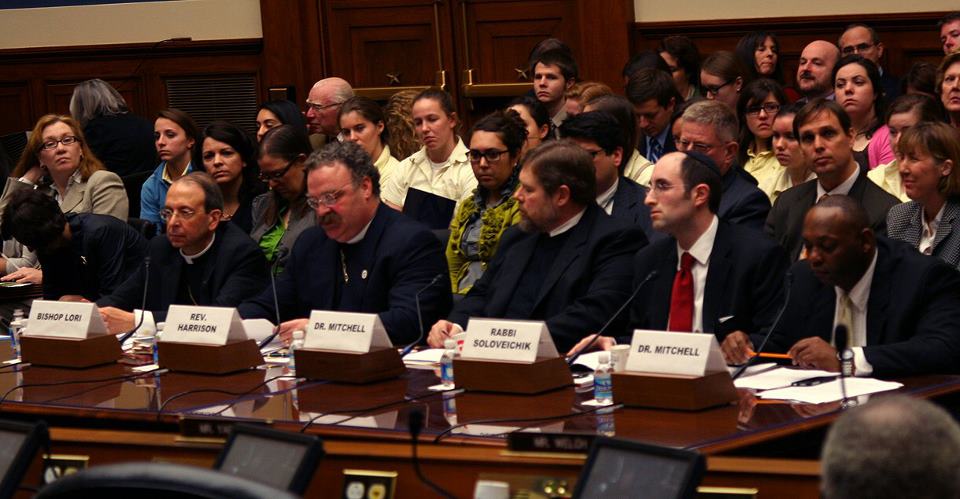
President Obama announced a new comprehensive health care initiative last week mandating birth control coverage for all insured women. One may think “What a wonderful stride in women’s health care,” and be pleased with the government’s initiative to treat women as equal citizens and recognize contraception as a heath care right. But of course someone had to object: the Catholic Church, evangelical Christians, and other socially and politically conservative groups.
The Obama Administration realized the discomfort many religious institutions may have in providing birth control coverage to their employees, so he made a reasonable compromise. The new revision stated that religious institutions would be removed from a situation of dogmatic discomfort, while still allowing equal coverage for female employees. Instead of the institutions directly covering contraception, insurance companies would be required to cover it themselves. This would be an amiable arrangement for insurance companies, for it is less expensive than pregnancy medical coverage.
Places of worship with religious objections to contraception were already exempted. The new arrangements were mainly invoked to protect the religious freedoms of Catholic institutions, such as non-profits and universities—some of which employ predominantly non-Catholics. But, regardless of our president’s attempts to provide comprehensive women’s health care and to respect potential religious objections, a small but vocal minority nevertheless raised objection and gained congressional attention.
Claiming infringement on religious freedoms seems to be many conservatives’ go-to outcry when faced with progressive political movements to which they are religiously opposed. The key phrase here is “religiously opposed.” While not written in the U.S. Constitution, the term “separation of church and state” was first coined by one of our founding fathers, Thomas Jefferson, in 1802, and has thereafter been employed by the Supreme Court in many decisions. Why is it that religious institutions still seem to consider their personal beliefs to be of more importance than insuring the rights of American women? It is ironic that these groups accuse the government of infringing on their rights, but still think they should have the right to take away a vital heath care benefit from women.
A Reuters report showed that “98 percent of sexually active Catholic women have used contraceptive methods banned by the church.” So for whom are these religious institutions even speaking?
Or perhaps, who is speaking for these religious institutions? On Feb. 16, the House Committee on Oversight and Government Reform gathered a panel to deliberate the new birth control mandate, and specifically whether individual religious freedoms were being violated. This “representative” committee consisted exclusively of eight males.
Chaired by California Republican Darrell Issa, and single handedly strategized by the Republican House majority, it was ensured that no woman was given any opportunity to speak. All five of the individuals called to testify just so happened to be men. This entire show by the conservative right enraged some Democrats present at the hearing to such an extent that they exited the room in protest.
The issue here is greater than an issue of religious morality; women’s health is being used as a tool in the larger conservative Republican offensive against Obama, in purporting him as anti-religion. Republican presidential candidates have even gone as far to accuse our president for engendering a “war on religion”.
When going to the ballot boxes this November and making an important decision about our next president, it is important to keep in mind what Obama’s contraception mandate it really about: equal rights for women, through equal heath coverage. Voters should remember the lack of female representation in our government, and in important political decisions that affect women’s private health care. Whether or not one feels morally opposed to contraception, the decision should be placed in the hands of women themselves.
PHOTO COURTESY/ TWITTER
